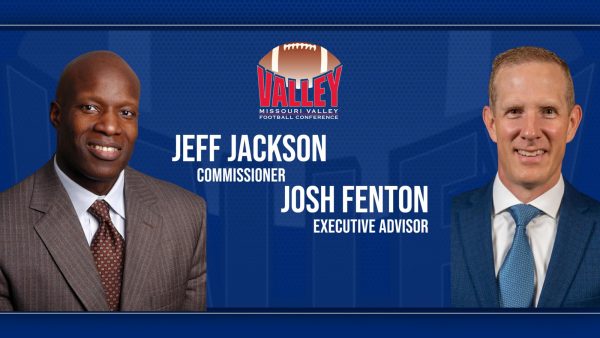Bill allocates millions to expand broadband internet across state
March 23, 2021
The South Dakota State Legislature allocated $75 million to expand access to broadband internet throughout the state. Senate Bill 34 was the largest single expenditure authorized this year as the legislature deliberated on how to spend a budget surplus caused by federal stimulus.
“We have a once-in-a-lifetime opportunity, with some on-time, to transform the State of South Dakota,” Senator John Wiik (R-Big Stone City), told the Senate floor. “We will enable people to live where they want to live and work where they want to work.”
Twelve percent of South Dakotans do not have access to broadband internet, and the largest dead spots are west of the Missouri River, according to the governor’s Office of Economic Development.
The bill seeks to establish government grants that subsidize internet companies to expand their coverage area.
Access to broadband could help agriculture businesses to expand, educate children in schools, improve quality of life for the elderly and encourage out-of-state remote workers to relocate to South Dakota, proponents said.
$88.2 million have already been invested in broadband expansion over the last two years– $51.4 million in federal funds and $36.8 million in private funds.
Gov. Kristi Noem requested $100 million in state funds for broadband band expansion, with plans to get another $100 million from federal and private sources by the end of the year, but the legislature brought this number down to $75 million, when it was discovered that roughly $25 million in COVID-19 relief funds could be used directly for the project.
The Nebraska state legislature approved a similar $40 million project of their own this year.
The bill passed unanimously in the senate, but faced some opposition in the House of Representatives, passing 52-16.
Opponents believed current access to broadband was adequate and that the state government has a higher standard of internet speed than the Federal Communication Commission.
“Apparently what our state has done since 2019 and now, is on our own, redefine what qualifies as broadband,” said Rep. Taffy Howard (R- Rapid City) on the House floor, saying she was informed that all South Dakotans have access to the FCC standard for broadband.
Other opponents believed that the bill expanded state government too far into private enterprise and that market incentives would cause companies to expand without government grants.






















